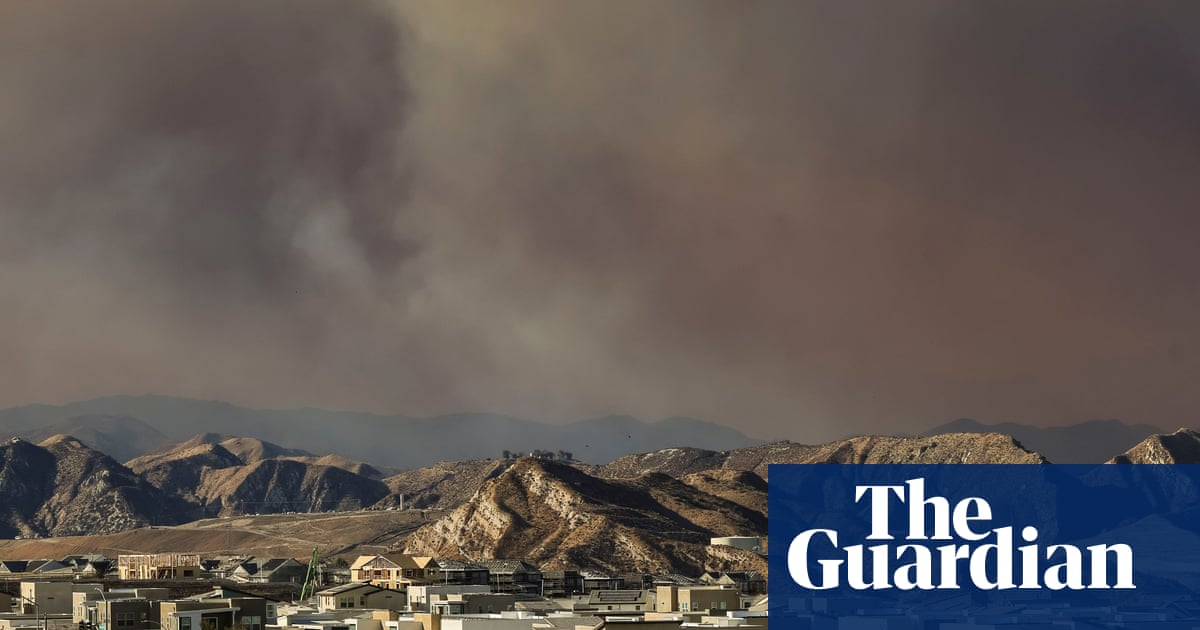
"Smoke billowing from wildfires will cause a growing number of deaths around the world in the decades ahead as the planet continues to heat up, new research has found. Wildfire smoke is expected to kill as many as 1.4 million people globally each year by the end of the century if planet-heating emissions are not curbed, according to a study published on Thursday."
"Breathing in smoke from burning forests is thought to be around 10 times more toxic than inhaling other air pollution given off by the burning of fossil fuels, with scientists recently warning the impact of this pollution has been severely underestimated in terms of its impact upon our health. Wildfire smoke contains ash and soot that contain tiny particles, called PM2.5, which can, when inhaled, burrow deep in people's lungs and cause an array of respiratory and heart problems."
"The reach of this threat is extensive, too recent research estimated that 22,000 people in Europe were killed due to plumes of wildfire smoke coming from vast forest fires in Canada in 2023, along with many more fatalities in North America. Fire has long been a feature of landscapes and a variety of factors, such as the management of forests, can influence conflagrations."
Global wildfire smoke deaths could reach as many as 1.4 million people per year by the end of the century without reductions in planet-heating emissions. In the United States, annual deaths from wildfire smoke could climb to over 70,000 by 2050 at current warming rates, up from about 40,000 today. Wildfire smoke carries ash and soot with fine particles (PM2.5) that penetrate deep into lungs and cause respiratory and heart disease and is estimated to be roughly ten times more toxic than pollution from burning fossil fuels. Large smoke plumes already caused an estimated 22,000 deaths in Europe in 2023. Global burned area has fallen in recent decades due to changing agricultural practices, but population exposure to fires has grown. Warming and higher fuel aridity are driving larger, fiercer fires.
Read at www.theguardian.com
Unable to calculate read time
Collection
[
|
...
]